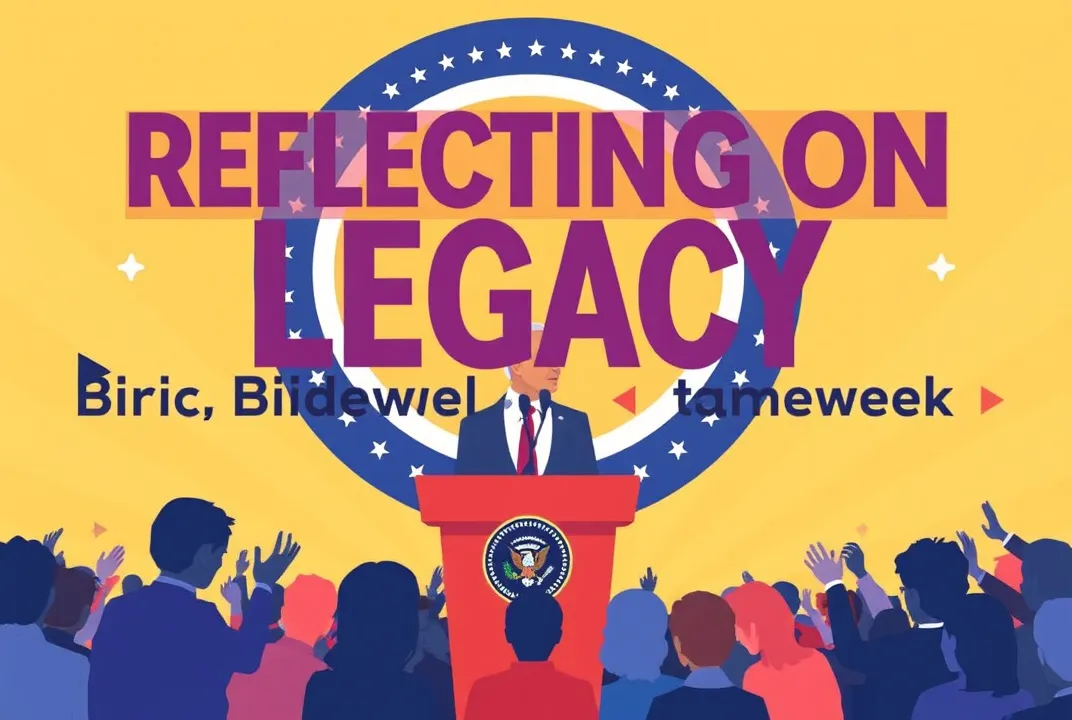JD Vance: The Voice of the Heartland in American politics
In the heart of America, where the echoes of factories once rang louder than the chirps of birds, a new voice has emerged—one that resonates deeply with the pulse of the American working class. J.D. Vance, author of the bestselling memoir "Hillbilly Elegy," has transitioned from the literary world to the political arena, capturing the hopes and frustrations of a demographic that feels overlooked by the traditional political machinery. His rise to prominence is not just a personal journey but a reflection of the evolving narrative of American politics.
The Rise of J.D. Vance
Vance’s story begins in Middletown, Ohio—a town emblematic of the American Rust Belt. Growing up in a family that struggled with economic instability, he witnessed firsthand the complexities and challenges faced by those living in the heartland. His experiences, filled with both hardship and resilience, provided the foundation for "Hillbilly Elegy," which explores the socio-economic struggles of white working-class Americans.
Published in 2016, the memoir gained significant attention, particularly in the wake of the 2016 presidential election. Vance’s poignant reflections on family, culture, and the struggles of his upbringing struck a chord with many, providing a voice to those who felt alienated from the political discourse. It wasn’t long before Vance transitioned from a literary figure to a political candidate, driven by a desire to bring real change to his community and beyond.
Political Landscape and Early Campaigns
As Vance entered the political arena, he faced the daunting task of running for the U.S. Senate in Ohio in 2022. His campaign was characterized by a blend of populism and conservatism, targeting issues that resonated with voters in the heartland: economic revitalization, job creation, and a return to traditional values.
Vance's approach to campaigning was unique; he often emphasized the importance of understanding the struggles of everyday Americans. He organized town halls and community events, engaging directly with constituents to hear their concerns and aspirations. This grassroots approach helped him cultivate a loyal following, as he positioned himself as a candidate who truly understood the heartbeat of the Midwest.
Key Issues and Debates
During his campaign, several issues took center stage. The decline of manufacturing jobs, the opioid crisis, and the need for educational reform were prominent themes in his speeches. Vance’s advocacy for revitalizing the manufacturing sector echoed a longing for the “good old days” when factory jobs provided stability and security for families in the region.
Additionally, Vance tackled the contentious issue of immigration, arguing that a controlled immigration policy would protect American jobs and promote a sense of national identity. His views sparked significant debate, particularly among more progressive circles, leading to heated exchanges and discussions about the future of America’s workforce.
Public Reception and Influence
Vance’s candidacy generated mixed reactions. Supporters lauded him for articulating the frustrations of the heartland, while critics accused him of capitalizing on populist sentiments without offering viable solutions. Regardless, his influence in Ohio was undeniable. He garnered the support of notable figures within the Republican Party, including former President Donald Trump, which provided a significant boost to his campaign.
As the election approached, Vance's narrative evolved. He became not just a candidate but a symbol of a broader movement—a voice for those who felt abandoned by the political elite. His ability to connect personal experiences with political ideology resonated deeply, elevating him to a prominent position within the party.
The Election and Its Aftermath
In November 2022, J.D. Vance won the Senate seat, marking a significant victory for both him and his supporters. His campaign had effectively channeled the collective voice of a demographic eager for representation in Washington. However, his victory was also a reflection of a broader national trend, where populist figures gained traction amid growing dissatisfaction with traditional political norms.
Following his election, Vance faced the pivotal challenge of translating his campaign promises into action. The early days of his Senate career were characterized by a focus on economic policies aimed at job creation and revitalization of manufacturing. His commitment to addressing the opioid crisis was also a priority, as he sought to create bipartisan initiatives to support affected communities.
Vance’s Future in Politics
As J.D. Vance navigates his new role in the Senate, the question remains: can he maintain the momentum that brought him to this position? His ability to communicate effectively with his constituents will be crucial as he tackles complex issues that often require nuanced solutions.
Moreover, Vance's journey reflects a critical juncture in American politics, where voices from the heartland are increasingly asserting themselves. His candidacy and subsequent election underscore a growing recognition of the challenges faced by rural and working-class Americans, which have often been sidelined in national discussions.
Conclusion
J.D. Vance stands as a compelling figure in contemporary American politics—a voice for the heartland that echoes beyond the borders of Ohio. His rise from the struggles of Middletown to the floors of the Senate illustrates not only his personal journey but also a broader narrative of a nation grappling with economic disparity and cultural shifts.
As he embarks on his political career, Vance's story serves as a reminder of the importance of representation and understanding within the American political landscape. In a world where divisions continue to grow, his voice may very well be a key to bridging the gap between the heartland and the corridors of power. The outcome of his efforts will be closely watched, as they may define not only his legacy but also the future of American politics itself.


 Pete Hegseth: The Voice of Conservatism in Modern Media
Pete Hegseth: The Voice of Conservatism in Modern Media
 Reflecting on Legacy: Key Takeaways from Biden's Farewell Address
Reflecting on Legacy: Key Takeaways from Biden's Farewell Address
 Exploring the Rise of RFK Jr: A New Wave in American Politics
Exploring the Rise of RFK Jr: A New Wave in American Politics
 The Unraveling of Rod Blagojevich: A Tale of Power, Scandal, and Redemption
The Unraveling of Rod Blagojevich: A Tale of Power, Scandal, and Redemption
 RFK Jr's Confirmation: What It Means for the Future of American Politics
RFK Jr's Confirmation: What It Means for the Future of American Politics